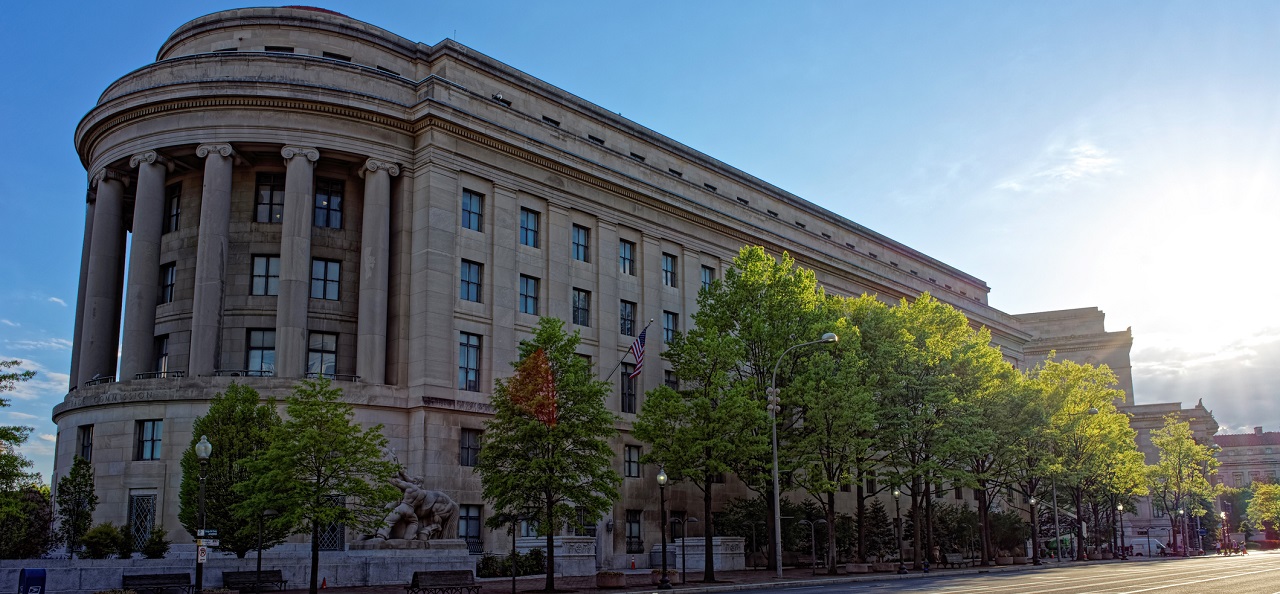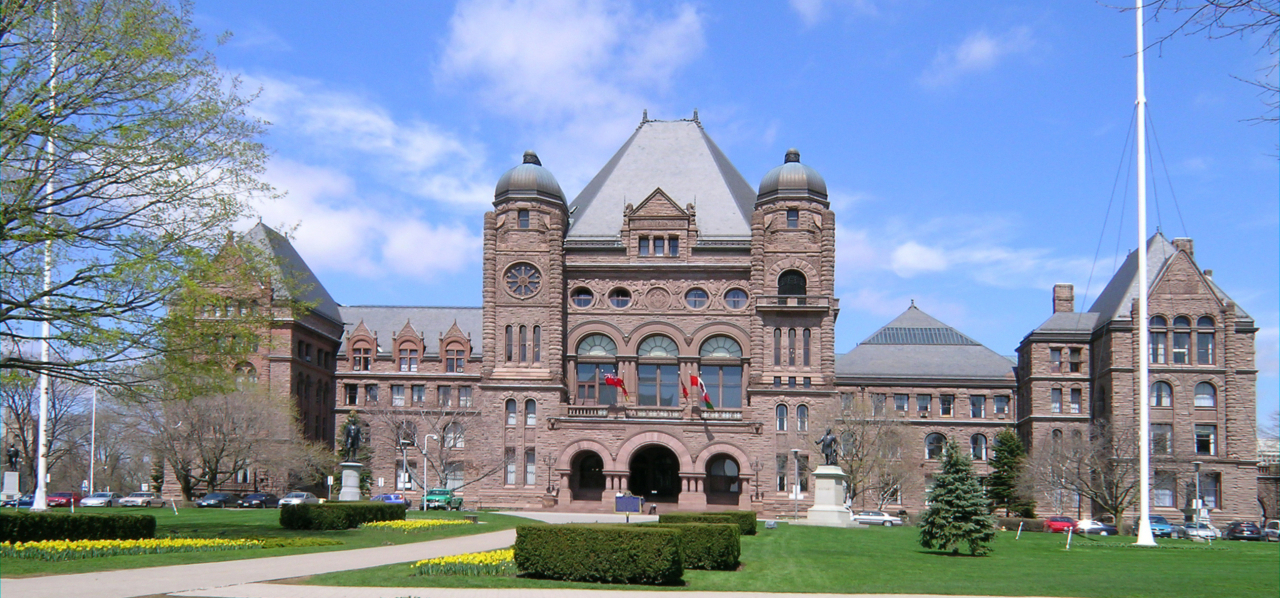The US Federal Trade Commission proposed a new rule on Jan. 5 that would ban employers from imposing noncompetes on their workers, including independent contractors.
Noncompetes are a widespread and often exploitative practice that suppresses wages, hampers innovation and blocks new businesses from starting, according to the FTC. Its new rule could increase wages by nearly $300 billion per year and expand career opportunities for approximately 30 million people, the agency said.
Currently, the FTC is seeking public comment on the proposed rule, which is based on a preliminary finding that noncompetes constitute an unfair method of competition and, therefore, violate Section 5 of the Federal Trade Commission Act.
“The freedom to change jobs is core to economic liberty and to a competitive, thriving economy,” FTC Chair Lina Khan said. “Noncompetes block workers from freely switching jobs, depriving them of higher wages and better working conditions and depriving businesses of a talent pool that they need to build and expand. By ending this practice, the FTC’s proposed rule would promote greater dynamism, innovation and healthy competition.”
There are concerns, however.
“The proposed rule is very broad in its scope and as a result may hamper businesses from protecting themselves,” said Fiona Coombe, director, legal and regulatory research, at Staffing Industry Analysts. “In some cases, a noncompete clause is the most effective deterrent against key employees setting up in competition with the benefit of inside knowledge of their former employer’s business model, pricing, clients and competitive advantage.”
Coombe continued, “There is a definite case for a ban in respect of low-paid workers who have little or no bargaining power. Of course, employers have other tools such as nonsolicitation clauses, but businesses should be allowed to determine how best to protect their business when it comes to highly paid and influential employees.”
In a statement, the US Chamber of Commerce called the proposed rule “blatantly unlawful.”
“Since the agency’s creation over 100 years ago, Congress has never delegated the FTC anything close to the authority it would need to promulgate such a competition rule. The Chamber is confident that this unlawful action will not stand,” said Sean Heather, senior VP for international regulatory affairs and antitrust at the US Chamber of Commerce.
Heather said noncompetes, when used appropriately, are an important tool in fostering innovation and preserving competition.
The Economic Policy Institute, a left-leaning think tank, said its research has found that at least 36 million US workers — equating to 27.8% of the private-sector workforce — are required to enter noncompete agreements.
“Why do we need this rule? The only source of power nonunionized workers have vis-à-vis their employers is their ability to quit and take a job elsewhere. So, surprise, employers are using noncompete agreements to cut that source of worker power off at knees,” said EPI President Heidi Shierholz. “It’s worth noting that employers do not need noncompetes to protect their trade secrets — for example, intellectual property law already provides significant legal protections for trade secrets, and employers can still use tailored nondisclosure agreements.”
Companies use noncompetes for workers across industries and job levels, from hairstylists and warehouse workers to doctors and business executives, according to the FTC. In many cases, employers use their bargaining power to coerce workers into signing these contracts, the agency said.
“Research shows that employers’ use of noncompetes to restrict workers’ mobility significantly suppresses workers’ wages — even for those not subject to noncompetes or subject to noncompetes that are unenforceable under state law,” said Elizabeth Wilkins, director of the FTC’s Office of Policy Planning. “The proposed rule would ensure that employers can’t exploit their outsized bargaining power to limit workers’ opportunities and stifle competition.”
The FTC argued noncompetes hinder innovation and business dynamism. They prevent would-be entrepreneurs from forming competing businesses to inhibiting workers from bringing innovative ideas to new companies. This ultimately harms consumers; in markets with fewer new entrants and great concentration, consumers can face higher prices. It points to healthcare as an example.
The new rule would make it illegal for an employer to:
- enter into or attempt to enter into a noncompete with a worker;
- maintain a noncompete with a worker; or
- represent to a worker, under certain circumstances, that the worker is subject to a noncompete.
The proposed rule would apply to independent contractors and anyone who works for an employer, whether paid or unpaid. It would also require employers to rescind existing noncompetes and actively inform workers that they are no longer in effect.
As proposed, the rule would generally not apply to other types of employment restrictions, like nondisclosure agreements. However, other types of employment restrictions could be subject to the rule if they are so broad in scope that they function as noncompetes.









